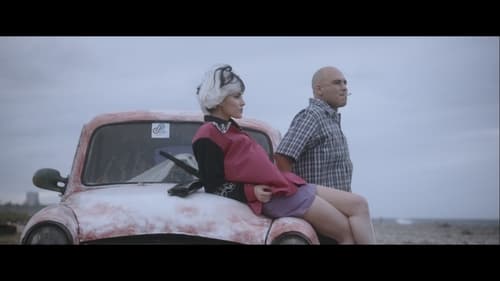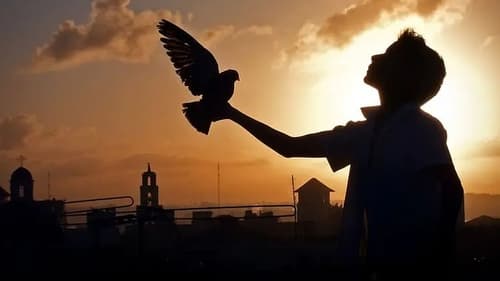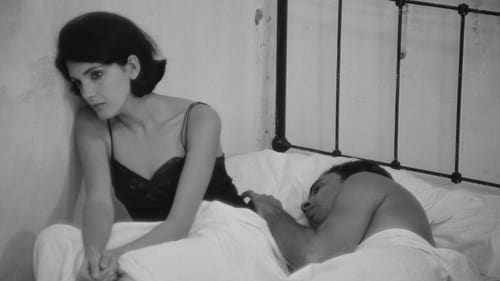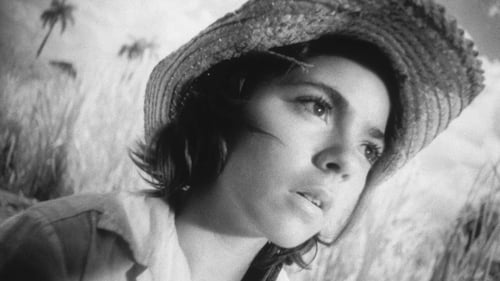
Narrates the story of Cuban revolutionary Ignacio Agramonte

El Conductor
Havana, 1993. A serial killer decapites cops. Mario, a disenchanted policeman, finds the head of the seventh victim...

Asesor
Meet Chala, an eleven year-old boy with a hard life and strong respect for Carmela, his sixth grade teacher. The pair develops a solid bond, but after Carmela suffers an accident, things get complicated…

Alejandro Depás
When a young man is killed in Central Park in La Habana, a series of coincidences reveals that many of the night walkers that hang around the park are related to the crime.


Tio Carlos
The architecture student Estela (Silvia Aguila) makes a suicide attempt after her plans for solving Havana's housing shortage are rejected. This brings her into contact with earthy, cynical hospital nurse Ernesto (Jorge Perugorria). Estela invites him home for dinner, and he succeeds in offending everyone present. Unable to find a quiet spot to be alone, they finally find a squatters' tenement, where their sexual frenzy causes a ceiling to collapse. They next try vertical love in a stalled elevator, trapping people in the modern building minus stairs. Fleeing responsibilities, they stage a romantic rendezvous alongside a country river, but once again they are interrupted as Cuban commissars arrive with papers and forms because the couple constructs a hut beneath a bridge. Amid the misadventures, lust turns to love

In his award-winning film Lucía, Humberto Solás interpreted the theme of Cuba’s hundred years' struggle in an entirely novel way to create an epic in three separate episodes, each centred around a woman called Lucía and each unfolding in a different period of Cuban history, corresponding to the three stages of colonialism (1895), neocolonialism (1930) and socialist revolution (1968). The three episodes also present us with "Lucías" of different social classes. Solás described his film in this way: "The woman's role always lays bare the contradictions of a period and makes them explicit: Lucía is not a film about women, it's a film about society."

(uncredited)
Four vignettes about the lives of the Cuban people set during the pre-revolutionary era.




